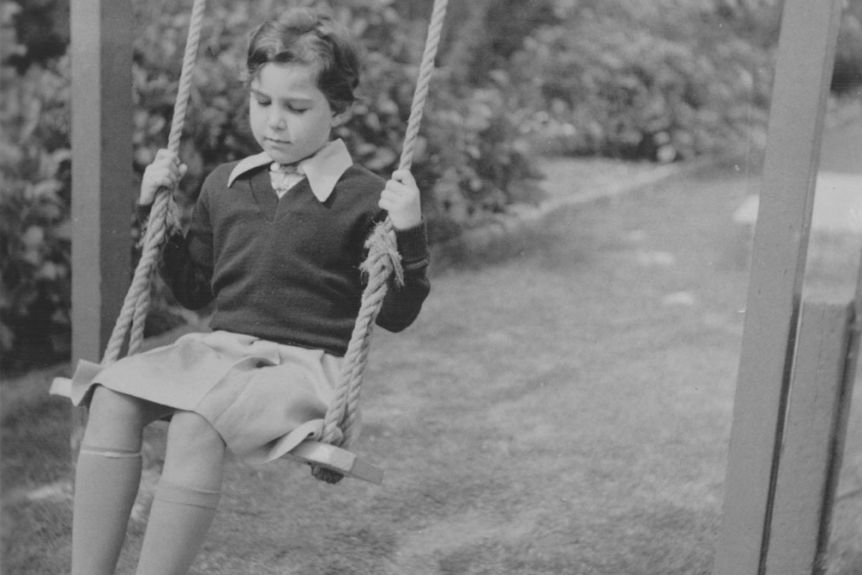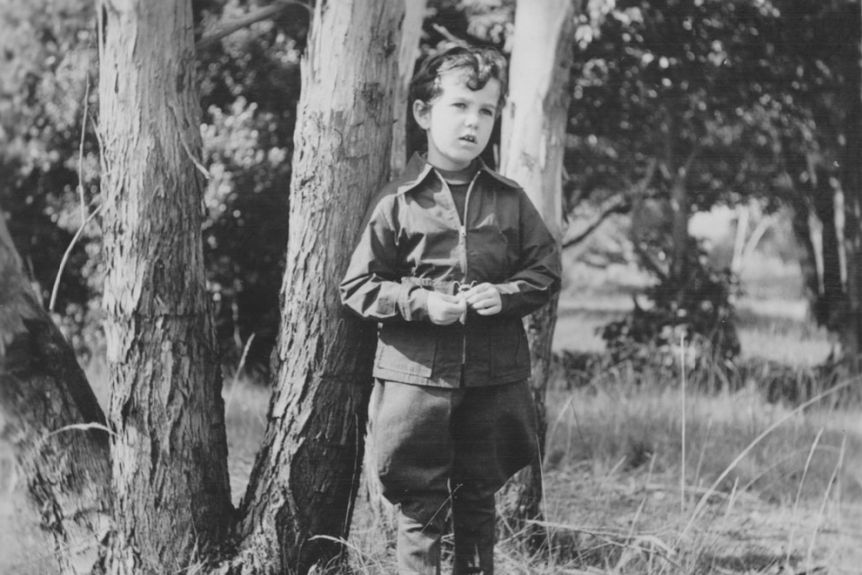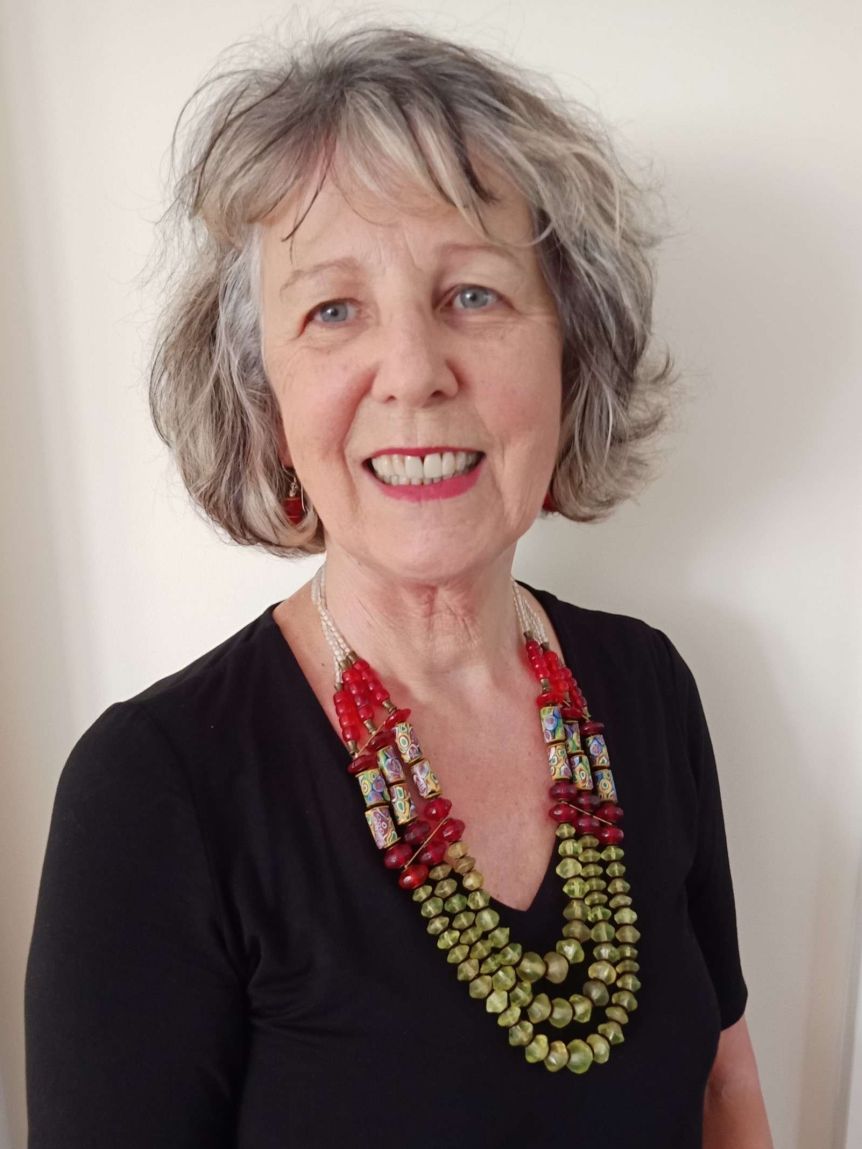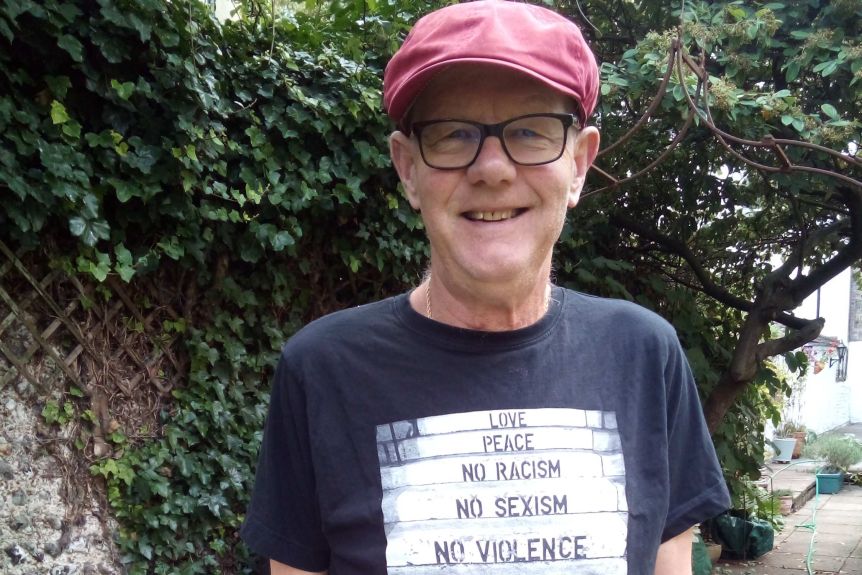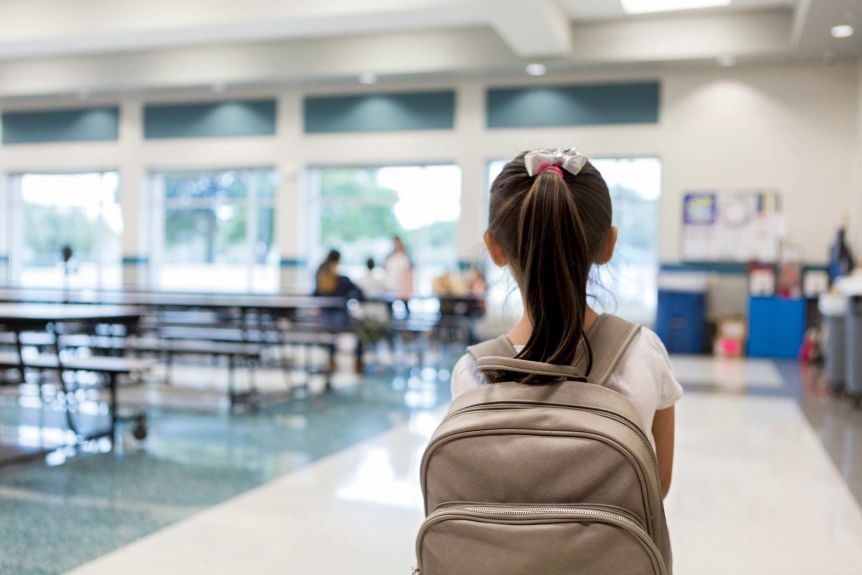As Children They Went to Boarding School. As Adults They're Still Dealing with the Trauma
By Sophie Kesteven and Chris Bullock
Christine Jack has horrible memories from her time at boarding school. When she was seven, she was sent away from home to a Catholic establishment in New South Wales. "I was a little child and it was a shock to go into a very strict regime ... it was virtually an enclosed convent," she tells ABC RN's Sunday Extra. "I used to go to the toilet and cry for my mother and father." She made friends, but still felt isolated, and had to learn to cope on her own. The attachment bonds with her parents started to tear. It didn't get easier as she got older.
In secondary school, Christine says she suffered "profound" emotional abuse. "By the time I was 14, I was such a mess, and I became more and more difficult because I found it more traumatic. I went into a fantasy world — that's how I coped," she says. "The nuns noted that I was absent, and they saw it as something to be disciplined." She was put in what was called "solitary confinement". She wasn't allowed to have contact with other students or go to classes. "You had to eat on your own and get up and go to bed at different times. And you just had to wait until they came and got you. I wasn't the only person it happened to," she says. "You'd stay there and after about three days you'd come out and say to the principal, 'I'm really sorry.' I never knew what I was responsible for." Eventually, the school nurse intervened, and raised concerns with the head nun about Christine's mental health. "The nun told the parents that I should go home, that I was a clever girl and that I wasn't doing well there. So my parents took me home and that's how I left at the end of year nine," Christine says. "I was a mess." A lingering trauma It's been decades since Christine was at boarding school, back in the 1950s and 60s. Yet she still feels a deep trauma from her time there — and she's far from alone. Now an educational historian and researcher at Charles Sturt University, she's published the first book on boarding school trauma in Australia, incorporating her own personal experiences and a growing body of research from the UK.
"I can only use the research that's coming out of the UK, because it hasn't been done here," she says. Christine believes boarding school trauma is widespread in Australia, and says often people don't realise they're affected until they read or hear about it as adults. "It wasn't traumatic for all children," she adds. "Wouldn't it be appalling if it was traumatic for all." Thurstine Basset is also a former boarder who has immersed himself in researching trauma. The mental health training consultant and author went to boarding schools in England from the ages of eight to 18.
He says there's been an evolving interest in the trauma in the UK, "partly based on increased referrals of ex-boarders for therapy", but also because of high-profile former boarders in government — like David Cameron and Boris Johnson. "It might be thought that as boarding schools have become less violent with practices such as caning abandoned there would be less need for therapeutic help for ex-boarders, but this has not been the case," he says. "The breaking of attachments with one's family that is required to go to a boarding school are still as potentially wounding today [as] they were in days gone by." Looking back, Thurstine says that he was far too young to go away from his family. "The initial separation is a terrible shock, but you soon learn not to cry or complain," he says. "I learned to grow up quickly with my headmaster reporting to my parents after my first two terms that my behaviour was 'pestilent', and that in a third term I must learn to 'put away these childish ways'. "I learned to survive by adopting a survival strategy." Thurstine only fully realised the impact of his experience when he attended a Boarding School Survivor Workshop in London in his 50s. He's now a former director of an organisation called Boarding Concern that supports former boarders, and has co-authored a guide for psychotherapists and counsellors who work with survivors. He says one of the most common long-term symptoms of boarding school trauma is "emotional absence". "Cognitively, they may be razor sharp, but emotionally, they can be rank beginners," he says. "Inevitably, an inability to deal with anything emotional makes the business of intimate relationships a veritable minefield for ex-boarders." 'Doom, dread and fear' Kathy, who asked for her surname to be withheld, has also deliberated over the long-term impacts of boarding school trauma. "What I'd say is, I don't have children, and I don't know, maybe that's a long-term impact of it," she says. "But as an adult now, I look at my friend's kids around the age of 11 or 12 and I think 'Oh my God, I just can't imagine sending off some poor little thing to fend for themselves at that age.'" Kathy, from Victoria, was sent to a Catholic girls boarding school at the age 11, following in the footsteps of her parents. "I remember the holidays leading up to when I went off — it was just this impending sense of doom, dread and fear," she says. "The first year, I just cried every morning and every night for six months at least … then after that you just adapt, you become institutionalised."
Kathy turned to comfort food in her first year at boarding school. "I gained a lot of weight, and ever since then I struggled with weight, food and eating disorders," she says. "I struggle with a lot of mental health issues like anxiety and depression and I'm on medication. I've been in therapy a long time, and I have no doubt that whole experience just triggered all of these issues. "It was all good intentions, but I was a highly sensitive child, quiet, introverted, and so it was just a violent experience for me. Not in a sense that I was physically attacked, just in the fact that it was such a huge shock and wasn't really the right thing for my temperament." She also feels incredibly guilty because she's experienced trauma. "I've felt, 'Oh, poor me. I got sent to boarding school.' It's a first-world problem," she says. "It's all good intentions, but I think parents, educators and institutions don't really stop and think about what this situation, and the change it is going to have on people's personalities and developments." When home is not a happy place In her 20s, Christine returned to her former boarding school. "I went to see the reverend of my primary school, and the first thing she said was, 'Will you ever forgive me for the sins that I did to you?'" she recalls. "I suddenly thought, 'Oh my God, maybe it wasn't me, maybe it was them.'" Kathy turned to comfort food in her first year at boarding school. "I gained a lot of weight, and ever since then I struggled with weight, food and eating disorders," she says. "I struggle with a lot of mental health issues like anxiety and depression and I'm on medication. I've been in therapy a long time, and I have no doubt that whole experience just triggered all of these issues. "It was all good intentions, but I was a highly sensitive child, quiet, introverted, and so it was just a violent experience for me. Not in a sense that I was physically attacked, just in the fact that it was such a huge shock and wasn't really the right thing for my temperament." She also feels incredibly guilty because she's experienced trauma. "I've felt, 'Oh, poor me. I got sent to boarding school.' It's a first-world problem," she says. "It's all good intentions, but I think parents, educators and institutions don't really stop and think about what this situation, and the change it is going to have on people's personalities and developments." When home is not a happy place In her 20s, Christine returned to her former boarding school. "I went to see the reverend of my primary school, and the first thing she said was, 'Will you ever forgive me for the sins that I did to you?'" she recalls. "I suddenly thought, 'Oh my God, maybe it wasn't me, maybe it was them.'" "I loved boarding school. It was a safe haven from a very unhappy abusive home. I had more freedom at Catholic girls boarding school than home!" Another noted: "I had a great experience in a co-ed boarding school but I was confident, good at sport and did not miss my parents — for the opposite, it's tough and can be unrelenting." "I loved boarding school. It was a safe haven from a very unhappy abusive home. I had more freedom at Catholic girls boarding school than home!" Another noted: "I had a great experience in a co-ed boarding school but I was confident, good at sport and did not miss my parents — for the opposite, it's tough and can be unrelenting."
|
.
Any original material on these pages is copyright © BishopAccountability.org 2004. Reproduce freely with attribution.
